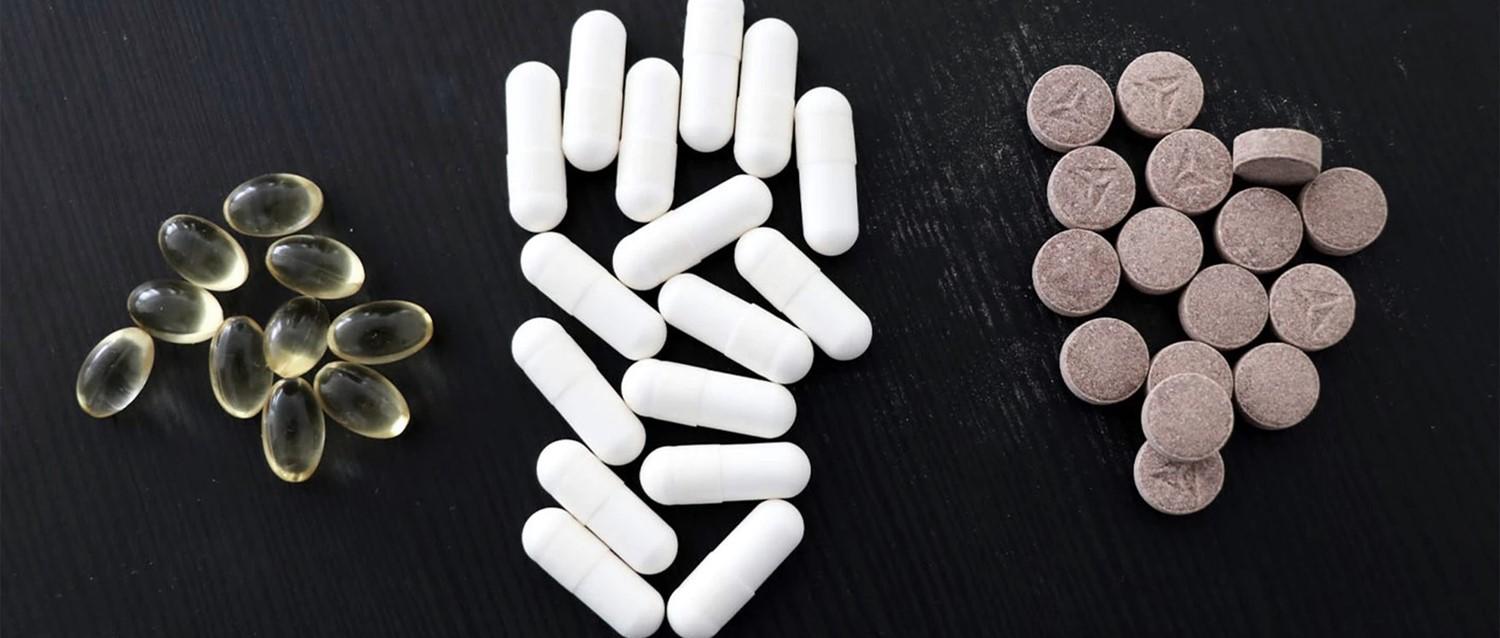
Most vitamin supplements aren't beneficial for health, study finds
Peer reviewed by Natalie HealeyLast updated by Ashwin BhandariLast updated 9 Jul 2019
Meets Patient’s editorial guidelines
- DownloadDownload
- Share
- Language
- Discussion
Vitamin supplements show little evidence of health benefits and some could actually be harmful, suggests new research.
Video picks for Vitamins and supplements
Researchers from the University of West Virginia found that most dietary supplements do not have health benefits, and some could even cause harm.
The team reviewed data from over 270 trials, involving almost one million people. They looked into the effects of 16 different nutritional supplements, along with eight dietary interventions, on mortality and heart health.
Of the nutritional supplements reviewed, the only two that were found to be beneficial were folic acid and omega 3. While healthy eating patterns, such as the Mediterranean diet, or eating low fat, were found to have no effect on heart health. However, a diet low in salt was found to be beneficial for cardiovascular health.
The team also discovered that combining vitamin D tablets with a calcium pill could actually increase the risk of a stroke. But taking calcium or vitamin D alone seemed to have no effect on mortality or heart health whatsoever.
"The reason we conducted this study was that millions of people in the United States and across the world consume supplements or follow certain dietary patterns, but there was no good-quality evidence to suggest that these interventions have any effect on cardiovascular protection," lead author Dr Safi Khan said.
However, he admitted that there were limitations to these results, as most studies relied on participants keeping track of their supplement intake and eating habits through the use of food diaries. Evidence supporting the dangers of combining calcium and vitamin D supplements was not robust.
NHS guidance states that most people without pre-existing medical conditions do not need to take supplements, as a balanced diet should provide adults with all the necessary nutrients to stay healthy. The only exception is vitamin D which should be taken daily from October to May.
Susan Jebb, professor of diet and population health at University of Oxford, said: "This review confirms the vast majority of previous research that has failed to find benefits of most nutritional supplements. But the suggestion that dietary interventions have no benefit does not reflect the totality of the evidence."
Patient picks for Vitamins and supplements

Diet and nutrition
How to get vitamin-ready for autumn and winter
Winter might be the last thing on your mind as you enjoy the ebbing rays of the sun but, make no mistake, those darker days with their accompanying coughs and sneezes are just around the corner. So, what can you do apart from stock up on tissues and Lemsip? Read on for your step-by-step plan to getting 'vitamin-ready' for winter.
by Dr Carrie Ruxton, PhD, Child Nutrition

Diet and nutrition
How to boost your vitamin D levels this winter
With less sunlight during the winter months, your body's ability to produce vitamin D diminishes. This can have a negative effect on your health. But what happens to our vitamin D levels during winter, and how can we support our health by boosting them until the sunshine returns?
by Victoria Raw
Continue reading below
Article history
The information on this page is peer reviewed by qualified clinicians.
9 Jul 2019 | Latest version

Ask, share, connect.
Browse discussions, ask questions, and share experiences across hundreds of health topics.

Feeling unwell?
Assess your symptoms online for free
Sign up to the Patient newsletter
Your weekly dose of clear, trustworthy health advice - written to help you feel informed, confident and in control.
By subscribing you accept our Privacy Policy. You can unsubscribe at any time. We never sell your data.